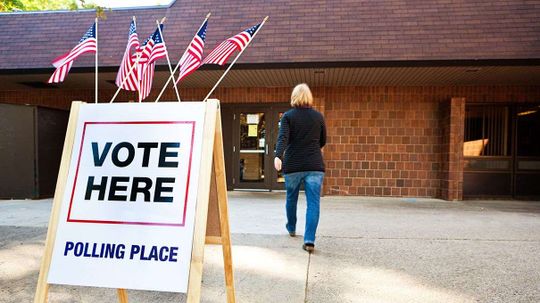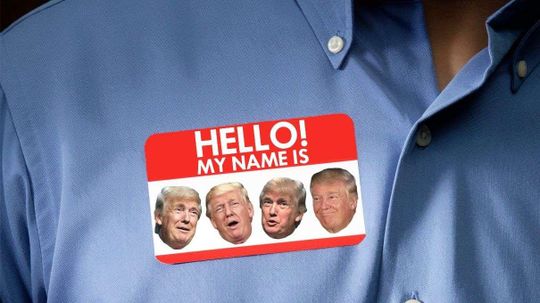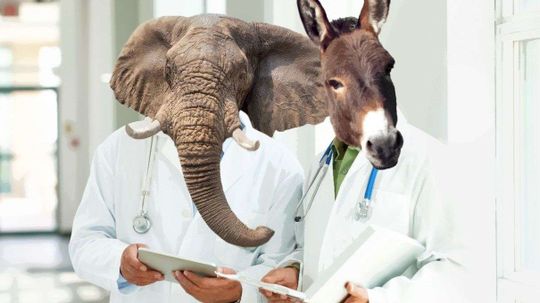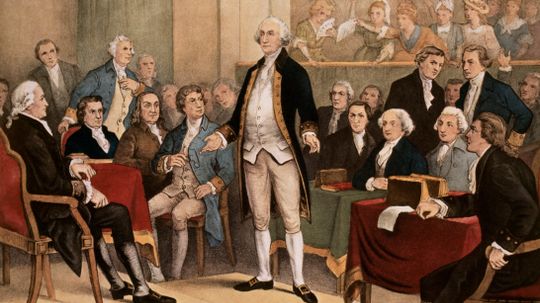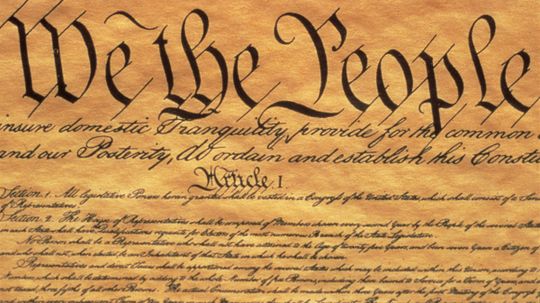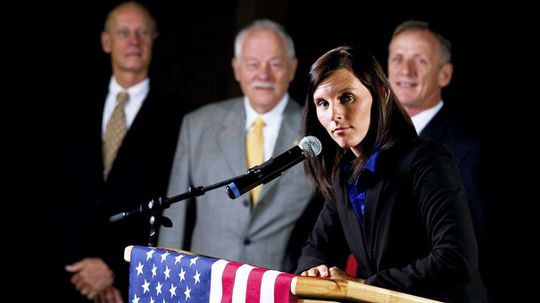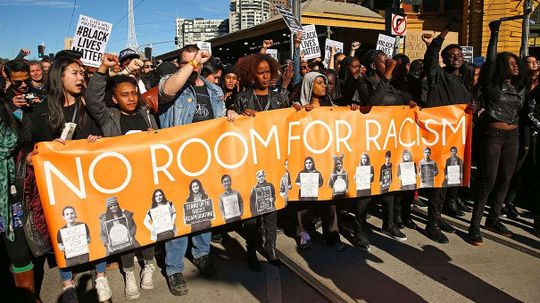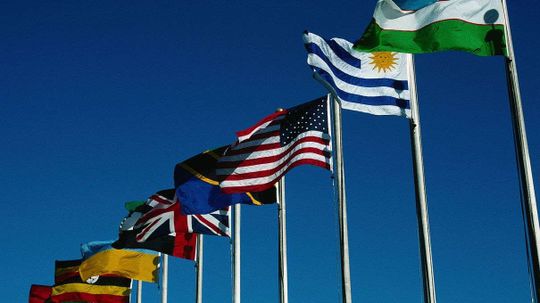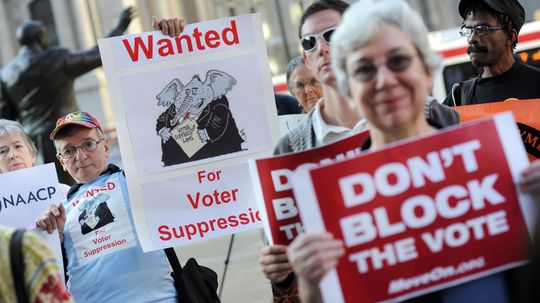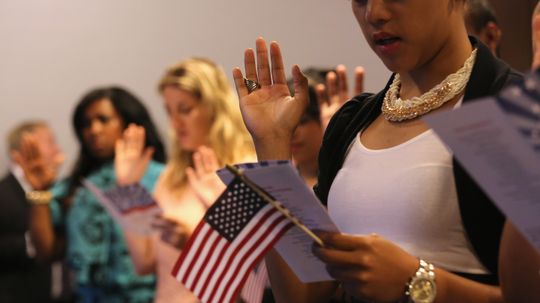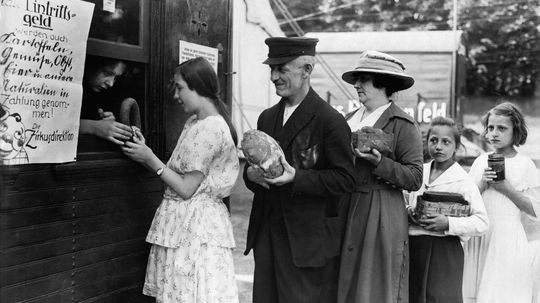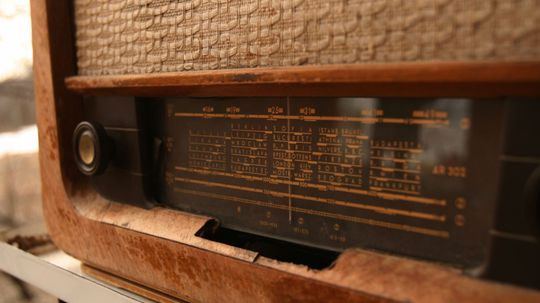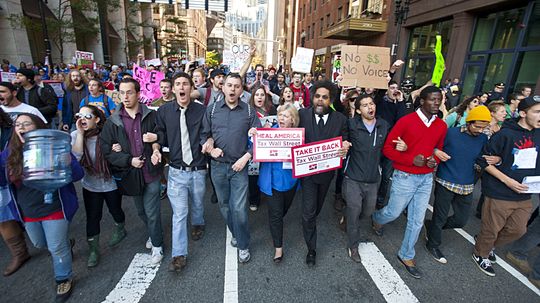Government
Government is a key part of any society and culture. Learn more about different types of government, politics and civic issues.

What Is a Postal Code? A Brief History of Zip Codes
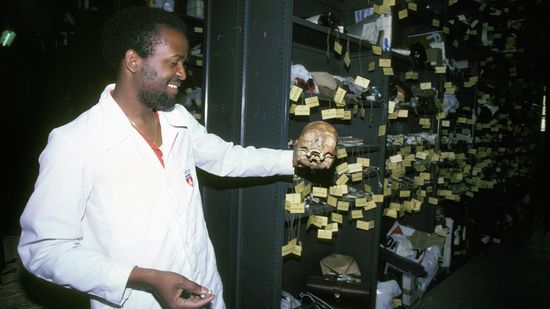
From Human Skulls to Handguns, the Paris Lost and Found Has Seen It All

Running Antarctica's 'Penguin Post Office': Coolest Job Ever?
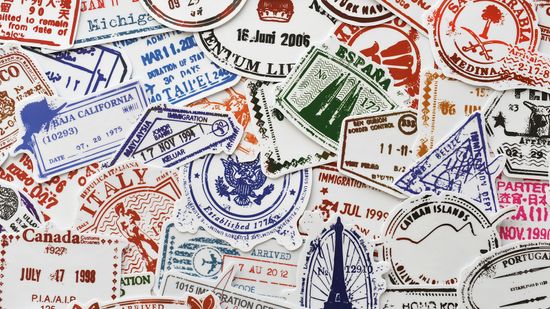
The Most Powerful Passport Comes From a Nation State

15 Largest Cities in England, Ranked by Population
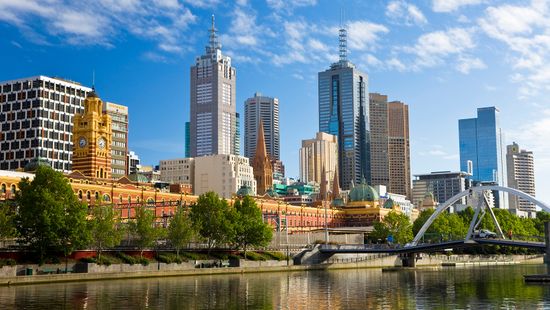
15 Largest Cities in Australia, Ranked by Population
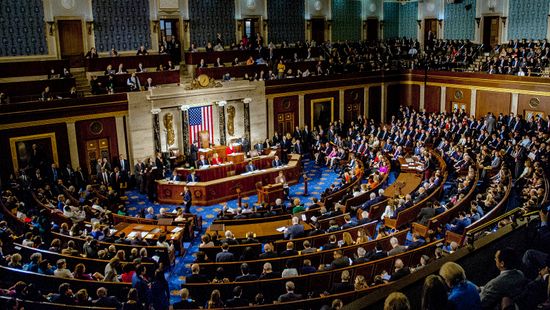
10 States With the Most Electoral Votes: NY's Fall to No. 4
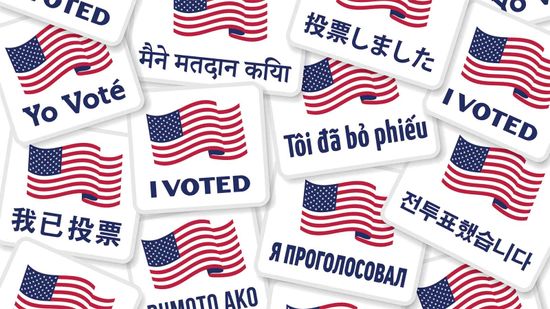
What to Do if Your Vote Is Challenged on Election Day
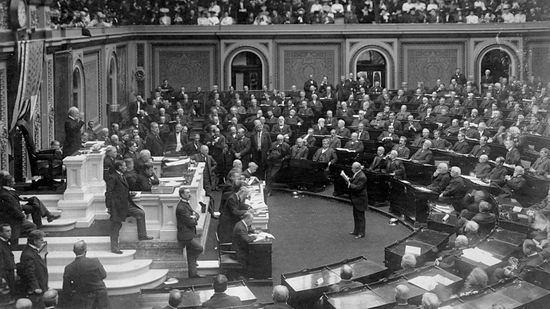
Why Does the U.S. House of Representatives Have Only 435 Seats?
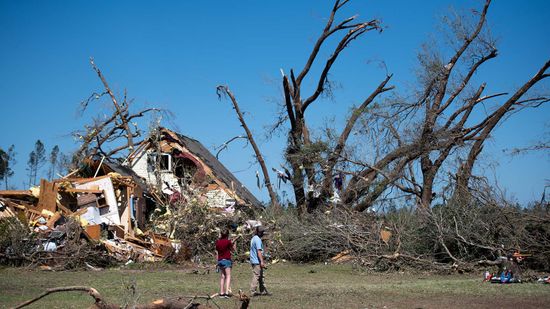
Is the U.S. Prepared to Handle Natural Disasters During the COVID-19 Pandemic?
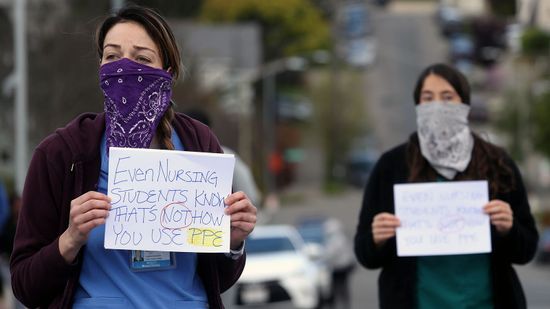
The Defense Production Act Was Designed for Emergencies Like Coronavirus
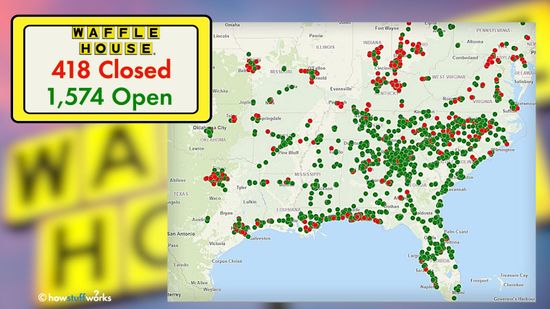
The Waffle House Index Is at Code Red; That's Not Good

8 Most Liberal Cities in the U.S., Including 2 Not on the Coasts
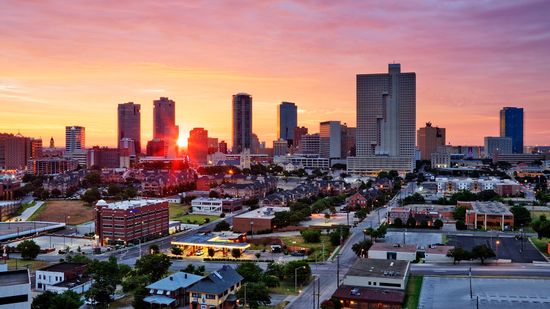
7 Fastest-growing Cities in the U.S.: San Antonio, Phoenix, and More

10 Seattle Neighborhoods to Settle Into

Democratic Socialist vs. Socialist: Comparing Political Ideologies

What Is a Democratic Socialist?

12 Most Liberal Countries (Only 3 Aren't in Europe)

How Does the U.S. Government Declassify Top Secret Documents?

How Does the U.S. Classify Its Most Sensitive Documents?
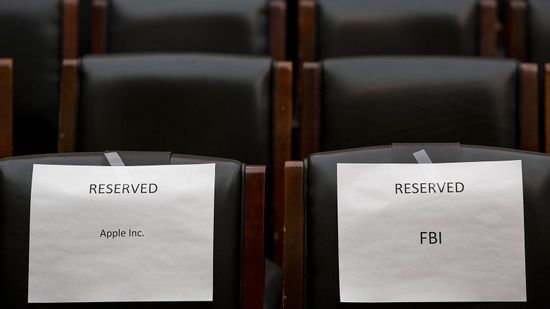
Why Data Encryption Remains a Really Complex Issue
Learn More / Page 8
Voting on a Tuesday in November has been a U.S. tradition since the 1840s, but the timing makes it difficult for many people to exercise their right to vote. What are states doing about it?
Donald Trump may be the most prominent Trump, but he's not the only one. His polarizing candidacy is affecting ordinary people who share the surname.
A new study says you may get different treatment options depending on your doctors' political beliefs? What's a patient to do?
By Dave Roos
Advertisement
Think that a debate is intense? When tempers rise, elected officials can land more than metaphorical blows, as these examples from the past year alone show.
By Chris Opfer
A low-level cabinet member becomes U.S. president when everyone else is killed during a State of the Union address. It's the plot of a new TV show - and based in reality.
By Dave Roos
Think the Trump/Biden presidential campaign is the strangest? It'll seem par for the course when you see what crazy things have happened in previous elections.
Think you have an original idea for a Constitutional amendment? Are you sure it hasn't been brought up one of the other 11,000 times?
Advertisement
If the millennial generation is behind some of the most innovative developments in tech and business, why not hand these young citizens the keys to the country, too?
By Chris Opfer
What started as a hashtag has gone global. Is the group's loose, ever-evolving structure a benefit or a drawback - or both?
By Chris Opfer
How did the idea of "don't kill the messenger" turn into a modern international standard?
Cell phone video has inspired millions of people to rally against issues of police brutality. It's a powerful tool for exposing injustices. And it's not going anywhere.
By Dave Roos
Advertisement
After all, every president who could have lived there has, but is it mandatory?
By John Donovan
Splits with the European Union have happened before, but that doesn't mean the U.K.'s Brexit will be easy, or even have much in common with past instances.
Why does health care cost so much in the U.S.? And why, for all that money, isn't the population any healthier? These are just some of the big questions in the debate over health care costs.
Whether it's poll taxes, literacy tests, ID laws or limited polling hours, the U.S. has a long-running history of coming up with ways to restrict citizens' voting rights.
Advertisement
We often think of the civil rights movement as just part of the 1960s. On Martin Luther King Day, we explore some civil rights issues going on in the U.S. today.
By Alia Hoyt
"Immigration" has become a loaded word in the U.S. and many other places. But what is the truth about immigration in America? Is it a good thing or not? We sort out the facts from the fictions.
Ever felt a pang of guilt on, say, Election Day when you skipped the voting booth to go to dinner? The 'bread and circuses' concept of being pacified by food and entertainment - and forgoing civic duty - goes back to Roman times.
While the FDA originated amid the Civil War, it took a 20th century novel about the horrors of meatpacking to convince the government to officially regulate what goes into our bodies. How does the FDA keep us safer these days?
Advertisement
We may be living in the age of the Internet, but simple shortwave radio transmitters still play a part in the espionage game. The huge benefit: There's no trail.
Thousands of think tanks dot the globe, and if you think they don't affect you, you're wrong. The scholars at these high-brow thought factories have a much bigger agenda than merely sitting around looking contemplative.
Thanks to the First Amendment, people in the U.S. can say whatever they want, wherever they want without fear of prosecution. Er ... not quite.
By Dave Roos
It's the U.S.'s primary public health insurance program, but who pays for it and who qualifies for coverage? Get the scoop on the ins and outs of Medicaid's rules and benefits.
Advertisement
Having trouble with your homework? Looking to meet a nice guy? Need some cigarettes? Who you gonna call? 911? Believe it or not, all of these are actual 911 calls. And they aren't the worst examples of emergency number misuse.
By Dave Roos
Before humanity got a handle on the idea of potentially being recorded at any moment, some public figures learned that lesson the hard way. Here are 10 recordings that were damning to the parties involved.
